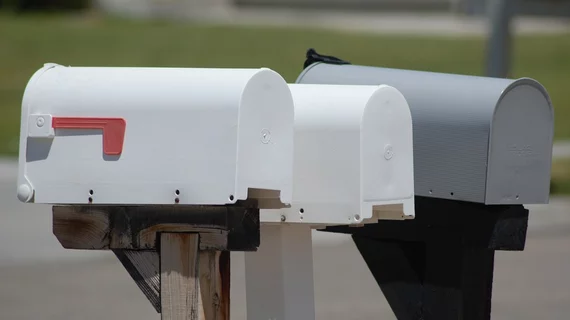Health information of nearly 20K children exposed in mailing error
The personal health information of nearly 20,000 children was exposed after a mailing error, according to a report by the Kansas City Star.
In the report, WellCare Health Plans said a mailing error caused reminders about well-child visits for its Missouri Care members to be sent to the wrong addresses, causing the health information of 19,570 children to be accidentally exposed. The company learned of the incident on July 25.
“The letters contained personally identifiable health information including (the) child’s name, age and provider name,” Ted Webster, WellCare’s vice president and chief security and privacy officer, said in a letter cited in the report.
According to the report, Missouri Care plans cover about 275,000 people throughout the state of Missouri and mainly focus on children and pregnant women. The company said there’s no evidence that suggests the exposed information was misused, but it’s offering members one year of free credit monitoring from Experian.
“As we continue to investigate the scope of the incident, we are taking steps to prevent something like this from happening again,” Webster said in the letter. “Missouri Care is deeply committed to protecting our members’ privacy, and we apologize for any inconvenience this incident may have caused.”
To read the full story, click the link below.

